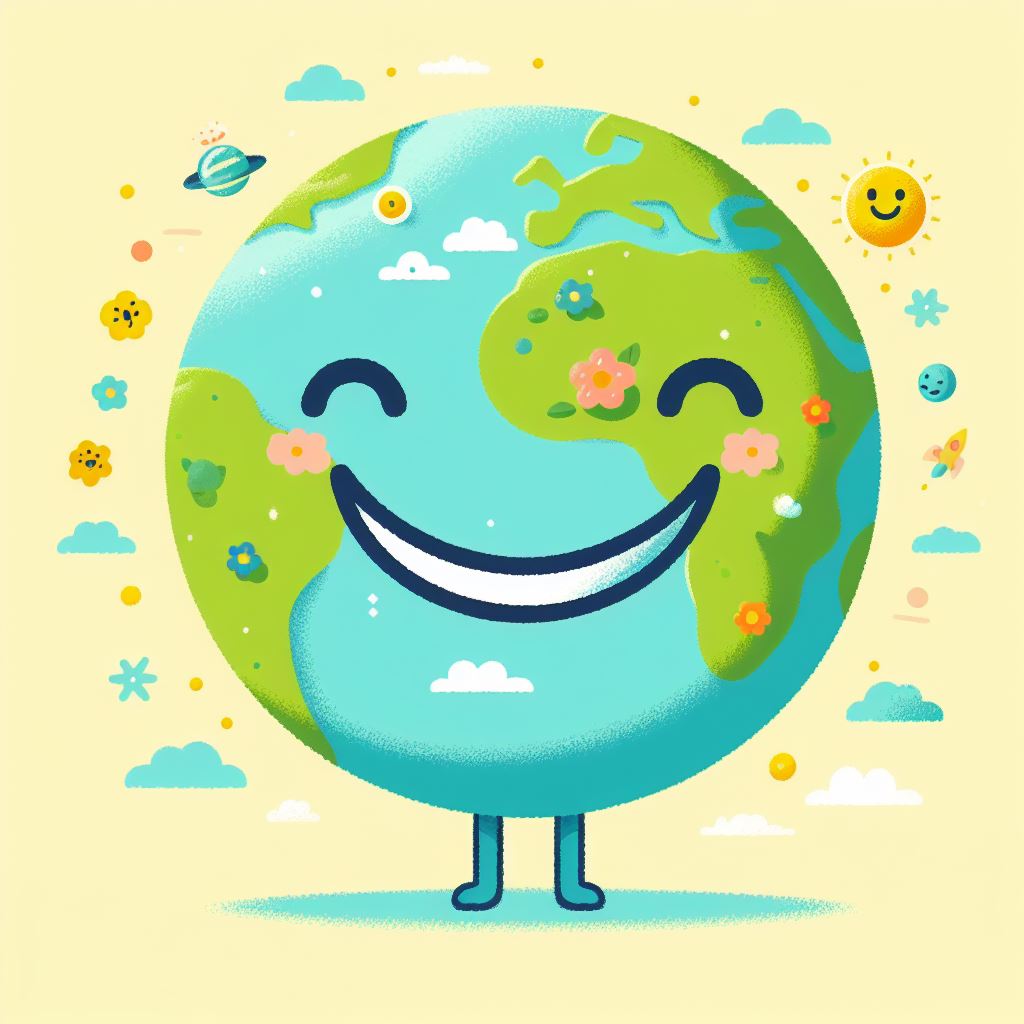
What are the top 20 happiest countries in the world? How do mental health and well-being trends look in the United States and Canada? The 2024 World Happiness Report is in!
The World Happiness Report is a research initiative to compare happiness levels between different countries.
The project first launched in 2012, surveying more than 350,000 people in 95 countries asking them to rate their happiness on a 10-point scale.
Each year they release a new report and the 2024 full report was just published a few weeks ago. There are some interesting findings in it that are worth highlighting.
First let’s look at the happiness rankings by country.
Top 20 Happiest Countries
Here are the top 20 happiest countries in 2024 according to the report.
The scores are on a scale of 1-10. Each participant was asked to think of a ladder, with the best possible life for them being a “10” and the worst possible life being a “0.” They were then asked to rate their current lives. The final rankings are the average score for each country.
(By the way, this simple test for measuring subjective well-being is known as the “Cantril Ladder,” it’s a common tool used in public polling especially the Gallup World Poll.)
The results:
-
1. Finland (7.741)
2. Denmark (7.538)
3. Iceland (7.525)
4. Sweden (7.344)
5. Israel (7.341)
6. Netherlands (7.319)
7. Norway (7.302)
8. Luxembourg (7.122)
9. Switzerland (7.060)
10. Australia (7.057)
11. New Zealand (7.029)
12. Costa Rica (6.955)
13. Kuwait (6.951)
14. Austria (6.905)
15. Canada (6.900)
16. Belgium (6.894)
17. Ireland (6.838)
18. Czechia (6.822)
19. Lithuania (6.818)
20. United Kingdom (6.749)
The top 10 countries have remained stable over the years. As of March 2024, Finland has been ranked the happiest country in the world seven times in a row.
There was more movement in the top 20 rankings. Most notably, this is the first year that the United States dropped out of the top 20 (from rank 15 to 23 – an 8 place drop).
More alarming are the age gaps in happiness reports. In both the U.S. and Canada, those above the age of 60 report significantly higher rates of happiness than those below 30.
Above age 60, the U.S. ranks 10 overall on the world happiness rankings. Below age 30, the U.S. falls to rank 62, just beating out Peru, Malaysia, and Vietnam.
Could this be a sign of a continuing downward trend in places like the U.S. and Canada?
Potential Factors Behind Life Evaluation
How to measure happiness is always a controversial topic.
To this day, psychologists and social scientists don’t really have a reliable way to determine happiness besides simply asking someone, “How happy are you?”
However, the World Happiness Report attempts to take the above findings and break them down into six main factors that contribute to overall life evaluation on a societal level.
These factors don’t influence the final rankings, they are just a way to make sense of the results:
- GDP per capita – A general measure of a country’s overall wealth.
- Life expectancy – A general measure of a country’s overall health.
- Generosity – The level of a country’s trust and kindness through charity and volunteering.
- Social support – The level of a country’s social cohesion and community.
- Freedom – The level of a country’s freedom to live life as a person sees fit.
- Corruption – A general measure of government competence and political accountability.
Each factor helps explain the differences in overall happiness between countries, with some countries performing better in certain areas over others.
One benefit of this model is that it looks beyond GDP (or “Gross Domestic Product”) which has long been the overall benchmark for comparing countries in the social sciences. The U.S. has the highest GDP in the world and frequently ranks in the top 10 per capita, but the happiness rankings show there is more to the picture.
Conclusion
The World Happiness Report is a good guideline for comparing happiness and well-being between different countries. How does your country rank? It will be interesting to see how these rankings change over the next few years, do you have any predictions?
Enter your email to stay updated on new articles in self improvement:
